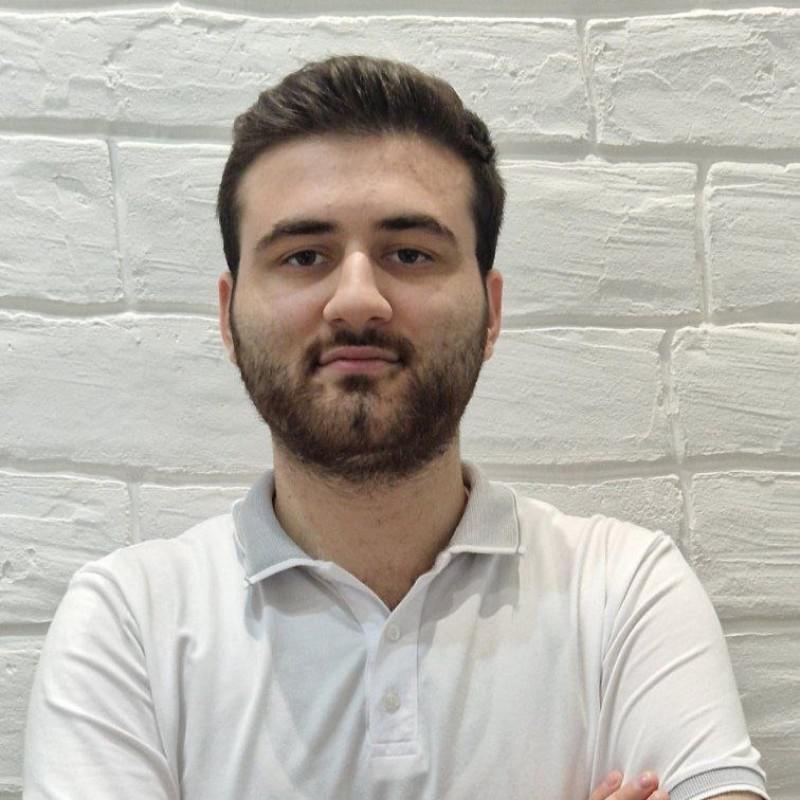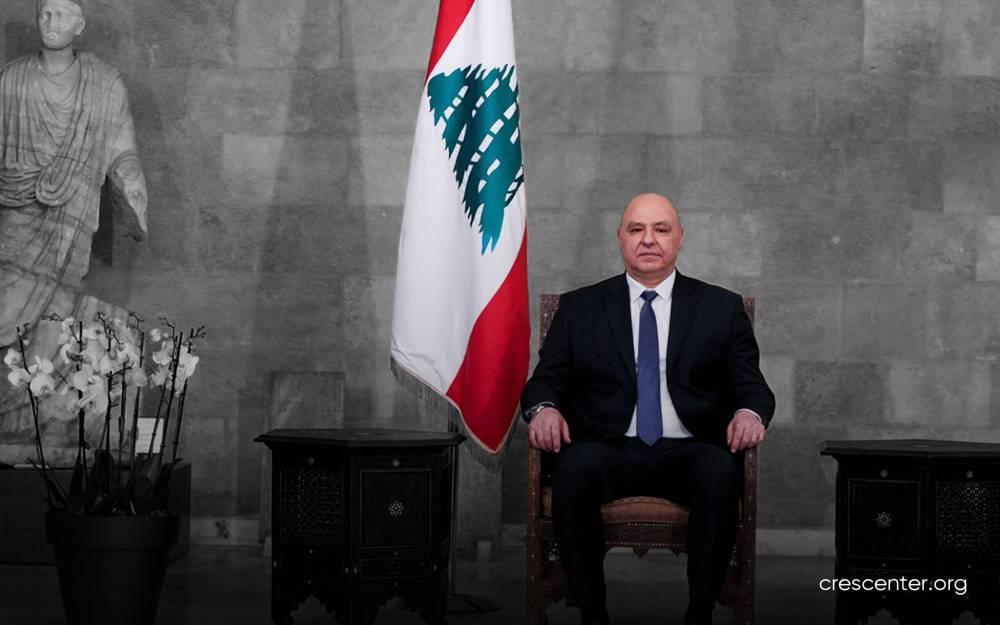The election of General Joseph Aoun as the fourteenth president of Lebanon marks a significant turning point for a nation plagued by political paralysis, economic turmoil, and regional entanglements. For more than two years, Lebanon was without a president, leaving the country adrift and exposing the deep fractures within its political system. Aoun’s ascension, facilitated by a rare convergence of international and regional players, brings cautious hope for stability, though the challenges ahead are daunting.
This development breaks a long-standing pattern in Lebanese politics, where the Assad regime or Hezbollah played decisive roles in selecting the president for the last three decades. Aoun’s rise, achieved through diplomacy involving France, Saudi Arabia, Qatar, and the United States, signals a possible shift away from these dynamics. However, the reported compromises made to Hezbollah during the process underscore the enduring influence of the entrenched faction. While Aoun’s support from Western and Arab states suggests a mandate for reform, his ability to deliver on promises such as “positive neutrality” and restricting arms to the state remains uncertain in a political landscape still dominated by sectarian and external pressures.
The fragility of Lebanon’s situation is further underscored by the precarious ceasefire agreement between Israel and Hezbollah. Brokered through U.S. mediation, the agreement offers temporary relief from hostilities but is rife with contention. Hezbollah’s refusal to disarm or dismantle its missile factories north of the Litani River directly contradicts the agreement’s goals, while Israel’s mistrust of Hezbollah’s intentions fuels ongoing military operations in southern Lebanon. Aoun, tasked with implementing this delicate accord, must navigate the inherent contradictions of asserting state authority while accommodating Hezbollah’s entrenched presence. Reports suggesting that Hezbollah secured significant government concessions, including control over the finance ministry and influence in reconstruction efforts, complicate matters further. Such arrangements risk undermining trust with international donors and reinforcing the very structures that have stifled Lebanon’s governance.
Amid this turmoil, various foreign actors are also interested in influencing the political dynamics within Lebanon as they see fit. Historically criticized for tacitly agreeing to Hezbollah’s dominant role in Lebanon’s political and security landscape, France now appears eager to reinvigorate its influence. President Emmanuel Macron’s upcoming visit to Beirut underscores Paris’s interest and potential role in shaping Lebanon’s future. However, France’s credibility in leading reform efforts hinges on its ability to address its past policies and navigate the competing interests of Lebanon’s political factions, including Hezbollah, while ensuring meaningful progress. Saudi Arabia’s recent reengagement, crucial to Aoun’s election, signals a broader effort by the Kingdom to counter Iran’s influence in Lebanon. However, Riyadh’s support is likely contingent on tangible progress in curbing Hezbollah’s power—a delicate task given the compromises made to ensure Aoun’s presidency.
The incoming Trump administration’s potential policies further complicate this fragile equation. A hardline stance on Iran and support for Israel could trigger a regional escalation, particularly if tensions over Iran’s nuclear program lead to military action. Such a scenario would almost certainly draw Hezbollah into conflict, jeopardizing Lebanon’s already tenuous stability. U.S. military aid to the Lebanese army, essential for maintaining order and asserting state control, could also become a point of contention. Whether Washington continues its support or ties it to conditions, such as disarming Hezbollah, will significantly impact Aoun’s capacity to govern.
Domestically, the new president faces immense challenges. The economy is in freefall, with the Lebanese pound at historic lows and public services in disarray. Corruption, a hallmark of Lebanon’s political system, continues to erode trust in state institutions. The reconstruction of Lebanon, dependent on international aid, risks becoming a battleground for influence. Donors such as Saudi Arabia and Western countries are unlikely to support efforts perceived as benefiting Hezbollah, while Iran and its allies will resist reforms that threaten their interests. Border demarcation disputes with neighbours, as well as Hezbollah’s control over smuggling routes and drug trafficking networks, further complicate the landscape. Despite these formidable obstacles, Aoun’s presidency also represents an opportunity for change. His military background and the broad international support he enjoys provide a foundation for asserting state authority. Yet, the compromises made during his election process, coupled with the entrenched sectarian system, constrain his ability to enact meaningful reforms. The fragile ceasefire agreement with Israel and the looming specter of regional conflict underscore the urgency of stabilizing Lebanon’s internal dynamics.

